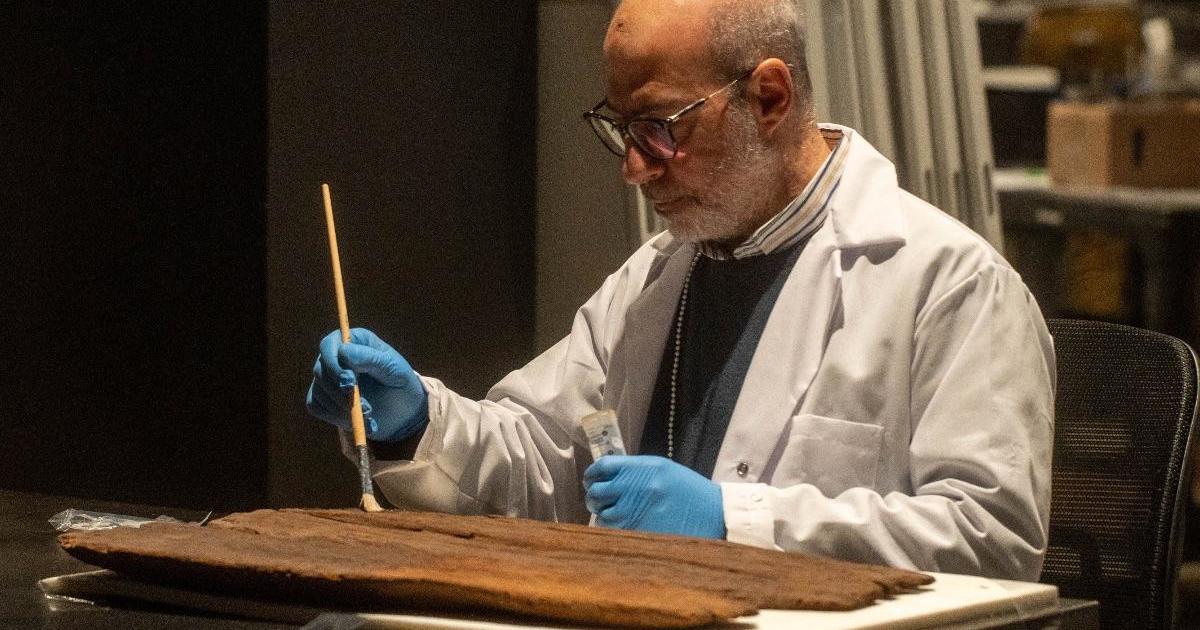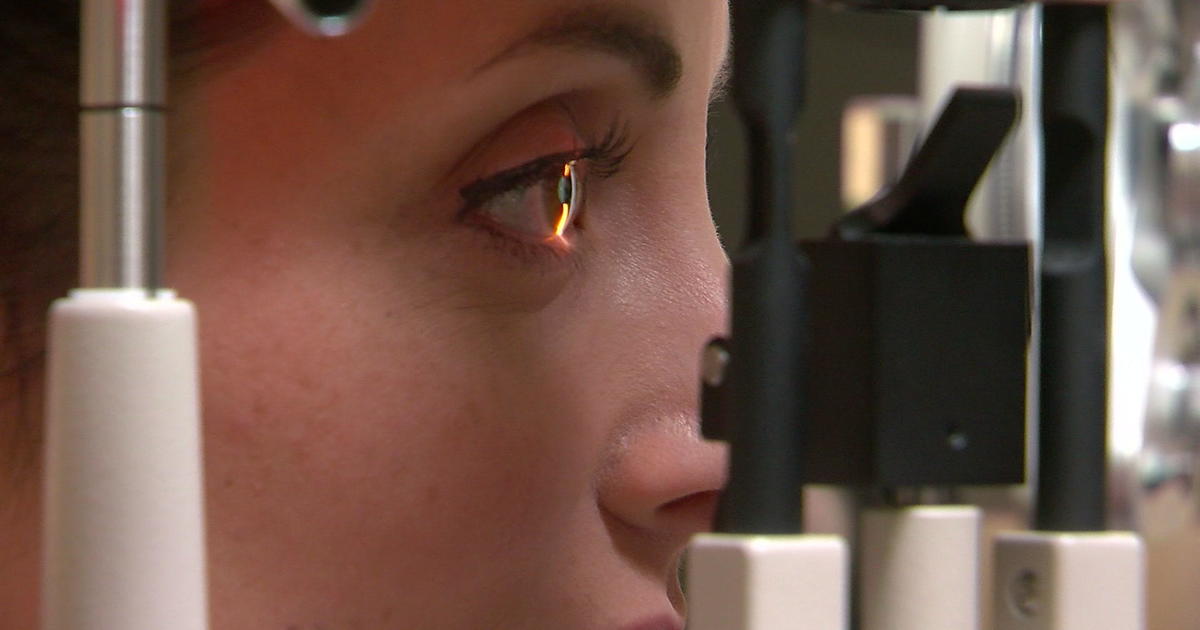Deep Brain Stimulation Could Help Patients With Severe OCD
PITTSBURGH (KDKA) - For some people with obsessive-compulsive disorder, sometimes medication and therapy aren't enough to keep their obsessive behaviors in check.
Now, a proven treatment for some other disorders is also showing promise in treating OCD.
Randy Hirt has obsessive-compulsive disorder and it became a big problem in college.
"I couldn't skip over a question if I didn't know the answer," he said. "The whole idea of skipping a question at the time was completely ridiculous to me. Like something I couldn't even think about."
Then, he would be late for work, especially if he overslept.
"I needed to take a shower. And I needed to do certain things. I needed to eat breakfast, whatever, regardless of how much time I had before I actually needed to be at work," Hirt said. "I had, I think it was 17 jobs in four years."
"An obsession can be about anything. The key is that the obsession is something the person knows is unusual, and silly. But, the person can't control it. And the thought itself causes marked distress," UPMC Psychiatry Dr. Robert Hudak said.
Hirt tried the customary treatments -- medication, and therapy where he was exposed to obsessive triggers to try to reduce his anxiety. These work for two out of three people. For Hirt, they did not.
Then, his mother came across the possibility of surgery.
"Brain surgery is not the first thing you think of when it comes to treating obsessive compulsive disorder," UPMC Neurosurgery's Dr. Mark Richardson said.
The surgery is deep brain stimulation -- an implanted device. It is already used to treat some movement disorders, such as Parkinson's disease and essential tremor. The difference is the target.
The target is a structure called the nucleus accumbens. It's on the underside of the front part of the brain. The pathways that run through there involve action, and motivation, and reward processing.
A small amount of electric current at the target disrupts the amount of reward a person assigns to their repetitive, compulsive actions.
Patients don't feel this. They don't even feel the awake part of the surgery -- physically, at least.
"My head was open. I knew it was open. But I couldn't see any of it," Hirt said.
Emotionally, though, they do, and that's what the doctors want to see.
"Patients report how they're feeling when we turn the device on. We want to see some improvement in their symptoms," Dr. Richardson said. "Patients are fully awake at this stage. And we have kind of a rating scale device, where they rate how severe their OCD symptoms are at that time."
"I could not stop laughing, I could not stop giggling and laughing, and they actually asked me if they could video it," Hirt said.
Patients go home the next day and return in a few weeks to have the electrode connected to a battery pack in the upper chest. Then, over the next several weeks to months, the settings are adjusted over a series of visits.
There's a 1 percent risk of stroke, a 3 percent risk of infection, and a 5 percent risk of mood or thinking problems. It is FDA approved and covered by insurance, and it is reversible. To qualify, the OCD has to be bad enough.
"We don't do brain surgery lightly, and I don't think there is anyone right now who is willing to do this treatment on anybody who is not of the most severe category," Dr. Hudak said.
Hirt was the first patient to have this procedure at UPMC. He admits he was nervous.
"When you think about somebody drilling into your head, or changing something in your brain, it's a really hard thing to even comprehend," he said. "If you've been living with OCD for 15 or 16 years of your life, where it's been really bad, and then not knowing what you'd really be like without OCD, so if it worked, you don't even know if you'd like yourself anymore. So I had all those fears."
It has been four months since the surgery. He's able to work on his car without overwhelming anxiety, he can even mow the grass, which he could not do before the surgery. But, he's still not where he'd like to be.
"I would like to work again at some point. I would like to get back to work," he said.
"I think we're just beginning to figure out the types of patients we can help. So I think there are quite a number of people in the future who are going to be helped by deep brain stimulation," Dr. Richardson said.
Join The Conversation On The KDKA Facebook Page
Stay Up To Date, Follow KDKA On Twitter



